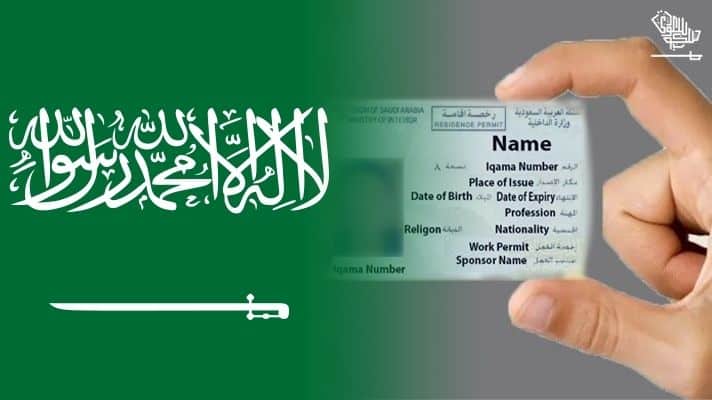Saudi Arabia is home to millions of expatriates belonging to different countries. However, all these ex-pats have one thing in common: they all need to carry an Iqama. An Iqama is Saudi Arabia’s resident permit issued by the Saudi Government to all its foreign workers.
Every Iqama has privileges and limitations—the Saudi government issues different kinds of Iqamas across other working classes. Today, we will discuss the various types of Iqamas the Saudi Government issues.
Types of Iqamas
1- Domestic Worker Iqama
All foreign household help hired by Saudis gets this kind of Iqama. These include housemaids, Drivers, nannies, and watchmen.
People on this Iqama can access government hospital services by the Saudi Government. But this iqama holder cannot apply for a permanent family visa or even a family visit visa to have their loved ones visit.
2- Labor Class Iqama
This is the second type of Iqama issued by the Saudi Government. People belonging to the labor class get this Iqama, for example, construction site workers, welders, plumbers, cleaners, painters, etc.
People with this Iqama are not allowed to sponsor their families for visits. Still, they are provided insurance by the company that sponsors them.
Recommended: The Saudi Host Visa
3- Professional Class Iqama
The Saudi government’s third type of Iqama issued is the Professional class iqama. It is one of the most privileged kinds of Iqamas. All professional degree holders who work in Saudi Arabia get this type of Iqama.
These professionals include Doctors, Nurses, Dentists, Paramedical staff, Engineers, Pharmacists, chemists, etc., hired in the private sector. These professionals are provided insurance by the companies employing them.
Additionally, people with this kind of Iqama can sponsor their families and close relatives for visits and permanent stays. They can also easily apply for visas from the UK and the USA.
However, people holding this kind of Iqama generally require registration with other regulatory authorities in KSA like SCFHS (for healthcare workers), SCE (for engineers), etc.
4- Dependents Iqama
Families of expatriates living and working in KSA get this fourth kind of Iqama. This Iqama covers close family members of ex-pats, like their spouses, children, and parents.
The worker’s sponsor generally pays for their family’s insurance; however, the worker has to pay for it themselves if that isn’t covered in the contract. A dependent’s fee is paid on this type of Iqama.
5- Government Employees Iqama
All foreign government sector employees of KSA get this Iqama. This Iqama entitles workers to use all Government sector services and have their families over on a family visit visa or apply for a permanent family visa.
Moreover, this Iqama holder does not have to pay a dependent’s fee for their dependents.
6- Business Iqama
A very small number of people in KSA hold this kind of Iqama. Those who intend to do business in the Kingdom of Saudi Arabia write businessman as a profession in their iqama application to get this business iqama.
However, getting this Iqama also requires SAGIA registration. SAGIA is the Saudi Arabian General Investment Authority responsible for offering new investment opportunities to attract businesses and investors to Saudi Arabia and help advance its economic diversification agenda.
This type of Iqama also entitles the beholder to buy property in Saudi Arabia.
Recommended: What To Do If You Lost Your Saudi Iqama
7- Special Privileged Iqama or Green Card
Although it was previously unfathomable to obtain Saudi Citizenship, the Saudi government has now introduced the Special Privilege Iqama or Green card that allows foreign nationals to get a resident status in KSA.
The ‘Special Privilege Iqama’ costs a whopping $213,333 (SAR 800,000), a one-time fee for the permanent residency, and an annual fee of $26,666 (SAR 100,000) for the yearly renewable residency.
The prerequisites to apply for a Saudi Green Card include a valid passport, a lack of a criminal record, current legal status in the kingdom, a health record stating they are free of any contagious disease, and an age of at least 21.
Recommended: Saudi Premium Residency – The Golden Ticket
This visa has many privileges, including a permanent family visa, sponsoring domestic help, and buying property. Moreover, Saudi Green Cardholders can work in any organization without the hassle of transferring sponsorships.

Aleena Tanveer is a dentist, author, and writer with a passion for both healthcare and storytelling. She combines her medical expertise with her love for writing to create informative, engaging content that educates and inspires readers.





Comments are closed.